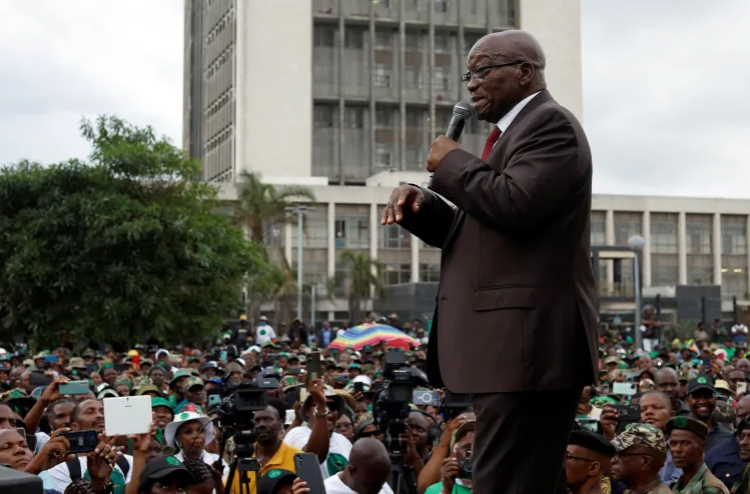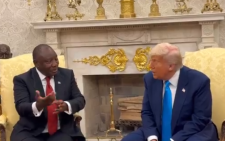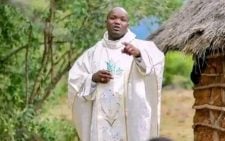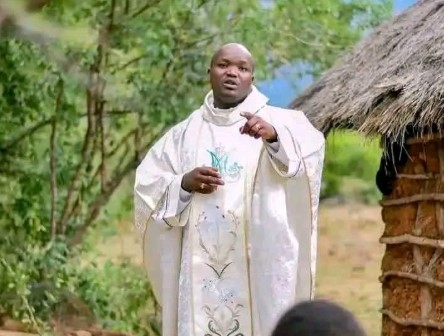South Africa’s Jacob Zuma wins court bid to contest upcoming election

A South African court has ruled that former President Jacob Zuma can run for office in the country’s upcoming general election, overturning an earlier decision that had barred him from contesting the polls.
The Electoral Court decision on Tuesday paves the way for Zuma to run for president on behalf of the uMkhonto weSizwe Party (MK), a political organisation that he joined last year after denouncing the governing African National Congress party that he once led.
The electoral commission had earlier ruled that Zuma could not run for office due to his criminal record after it received an objection to his candidacy.
“The decision of the Electoral Commission … is set aside,” the court wrote in its ruling.
South Africa is to hold a general election on May 29 in what is expected to be the most competitive vote since the advent of democracy in 1994.
Zuma’s sentence
Zuma was sentenced to 15 months in jail in June 2021 after refusing to testify to a panel probing financial corruption and cronyism under his presidency.
On Monday, his lawyers told the court the sentence did not disqualify the veteran politician as it followed civil, rather than criminal, proceedings and it had been shortened by a remission.
Jajra Omarjel, a South African political analyst, said that Tuesday’s decision was highly unexpected.
“Jacob Zuma continues to leave us in shock as he did during his nine years as the president of South Africa,” she said.
The ruling comes with the ANC struggling in the polls amid a weak economy and allegations of corruption and mismanagement.
Some opinion polls put MK at above 10 per cent nationwide, a share that would make it the third or fourth political force behind the ANC and the liberal Democratic Alliance.
The party is projected to make a particularly strong showing in the battleground region of KwaZulu-Natal – Zuma’s home province.
It largely relies on the considerable political clout still wielded by Zuma, who despite scandals and corruption allegations is still popular, particularly among the country’s more than 10 million Zulus.
South Africans will be voting for a new parliament, which in turn will elect the president.















